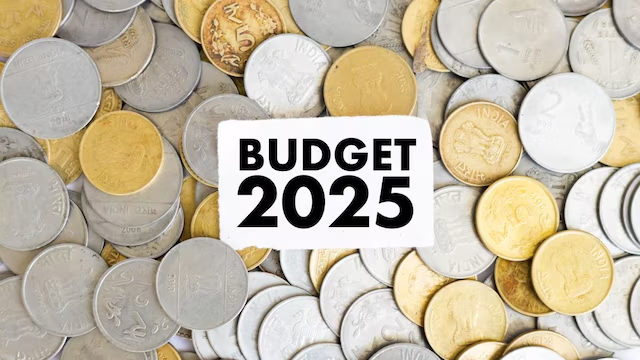
When we talk about cryptocurrencies, Bitcoin is undeniably the elephant in the room. Its price movements have a significant ripple effect on the rest of the crypto market, including altcoins. If you’re a crypto enthusiast or an investor, understanding this relationship is crucial. Let’s dive into how bitcoin price affects altcoin markets.
The Cryptocurrency Ecosystem
Cryptocurrencies are digital or virtual currencies that use cryptography for security. Bitcoin, the first and most well-known cryptocurrency, was created in 2009. Since then, thousands of other cryptocurrencies, or altcoins, have emerged. These altcoins often have their unique features and use cases, but they all share a common trait: their market value is influenced by Bitcoin’s price movements.
Bitcoin Price as a Market Leader
Bitcoin is often referred to as ‘digital gold’ due to its scarcity and value. It’s also considered the market leader in the cryptocurrency space. When Bitcoin’s price surges, it often signals a bullish market, and altcoins tend to follow suit. Conversely, when Bitcoin’s price plummets, the altcoin market usually experiences a downturn as well. This correlation is not just coincidental; it’s a result of Bitcoin’s dominance in the market.
Market Dominance and Correlation
Bitcoin’s market dominance is a measure of its market capitalization relative to the total market capitalization of all cryptocurrencies. A high market dominance indicates that a large portion of the market’s value is tied up in Bitcoin. This means that when Bitcoin’s price moves, it has a substantial impact on the overall market, including altcoins. The correlation between Bitcoin’s price and altcoin markets is not always perfect, but it’s a strong indicator of market sentiment.
Investor Sentiment and Market Behavior
Investor sentiment plays a significant role in how Bitcoin’s price affects altcoin markets. When Bitcoin’s price is rising, investors often feel more confident about the overall health of the cryptocurrency market. This optimism can lead to increased investment in altcoins, driving their prices up as well. On the other hand, when Bitcoin’s price is falling, investor confidence can wane, leading to a sell-off in altcoins. This herd mentality can exacerbate market volatility.
Altcoins as a Hedge
Some investors view altcoins as a hedge against Bitcoin’s price volatility. If Bitcoin’s price is unstable, they might shift their investments to altcoins, hoping for more stable returns. This strategy can sometimes work, as certain altcoins may have a lower correlation with Bitcoin’s price, making them less susceptible to the same market fluctuations. However, this is not a foolproof strategy, as the overall health of the cryptocurrency market still largely depends on Bitcoin’s price.
The Role of Market News and FUD
Market news and fear, uncertainty, and doubt (FUD) can also influence how Bitcoin’s price affects altcoin markets. Positive news about Bitcoin, such as regulatory clarity or institutional adoption, can boost investor confidence and lead to a rise in altcoin prices. Conversely, negative news or FUD about Bitcoin can cause panic selling, affecting altcoin markets negatively. It’s important for investors to stay informed and not let FUD dictate their investment decisions.
Bitcoin Price and Market Capitalization
The relationship between Bitcoin’s price and market capitalization is another factor that influences altcoin markets. As Bitcoin’s price increases, so does its market capitalization, which can lead to a decrease in the relative market capitalization of altcoins. This can result in a shift of investment focus from altcoins to Bitcoin, affecting the liquidity and trading volume of altcoins. Investors should be aware of these dynamics when making investment decisions.
Conclusion
In conclusion, Bitcoin’s price has a significant impact on altcoin markets. Its market dominance, investor sentiment, market news, and market capitalization all play a role in shaping the altcoin market. While it’s impossible to predict with certainty how Bitcoin’s price will affect altcoins, understanding these factors can help investors make more informed decisions. As the cryptocurrency market continues to evolve, it’s essential to stay updated on market trends and adapt investment strategies accordingly.









